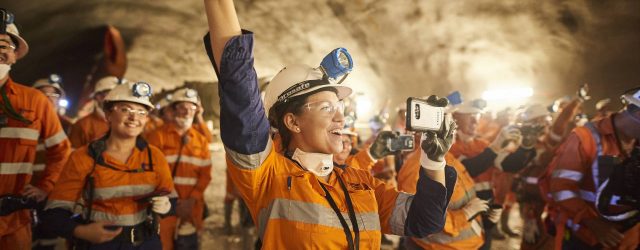Now is not the time to pause on major projects
Posted: 26th March 2021
Posted in: ACA News

Posted: 26th March 2021
Posted in: ACA News
Infrastructure projects have become more complex—and hence riskier—in recent decades. Matt O’Sullivan in his article Decade in power: How risks are rising for Sydney’s mega rail projects on 22 March 2021 claims there are not enough competitors for these large projects and suggests there is a high risk that time and cost will go over the current budgets.
Yes, projects are becoming larger and more likely to involve major brownfield works with multiple interfaces, but poor project outcomes are rarely the fault of one party. Rather, they are the result of poor interactions between the parties. They are driven by the failure of current contracts to align the interests of all involved on a desired set of outcomes.
Now is not the time to pause major projects, just as contractors have invested heavily to meet the forecast pipeline of works, that would be disastrous for industry. Instead, it is time to work together to make the industry more sustainable and productive for the benefit of future generations.
As a starting point, we can do this by reviewing the size of work packages and adopting more collaborative procurement processes, particularly in the case of risky, complex projects. These processes can in fact bring overall infrastructure costs down and increase certainty of outcome.
We all have a part to play in creating a more sustainable industry. The federal government can help jumpstart the process by taking a more active role in defining and incentivising the use of best practice procurement and delivery processes. The Construction Playbook, released by the British government, is a good example of how this could be done.